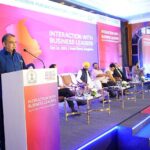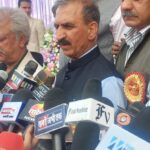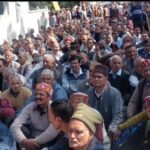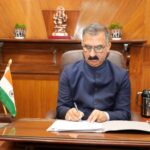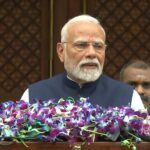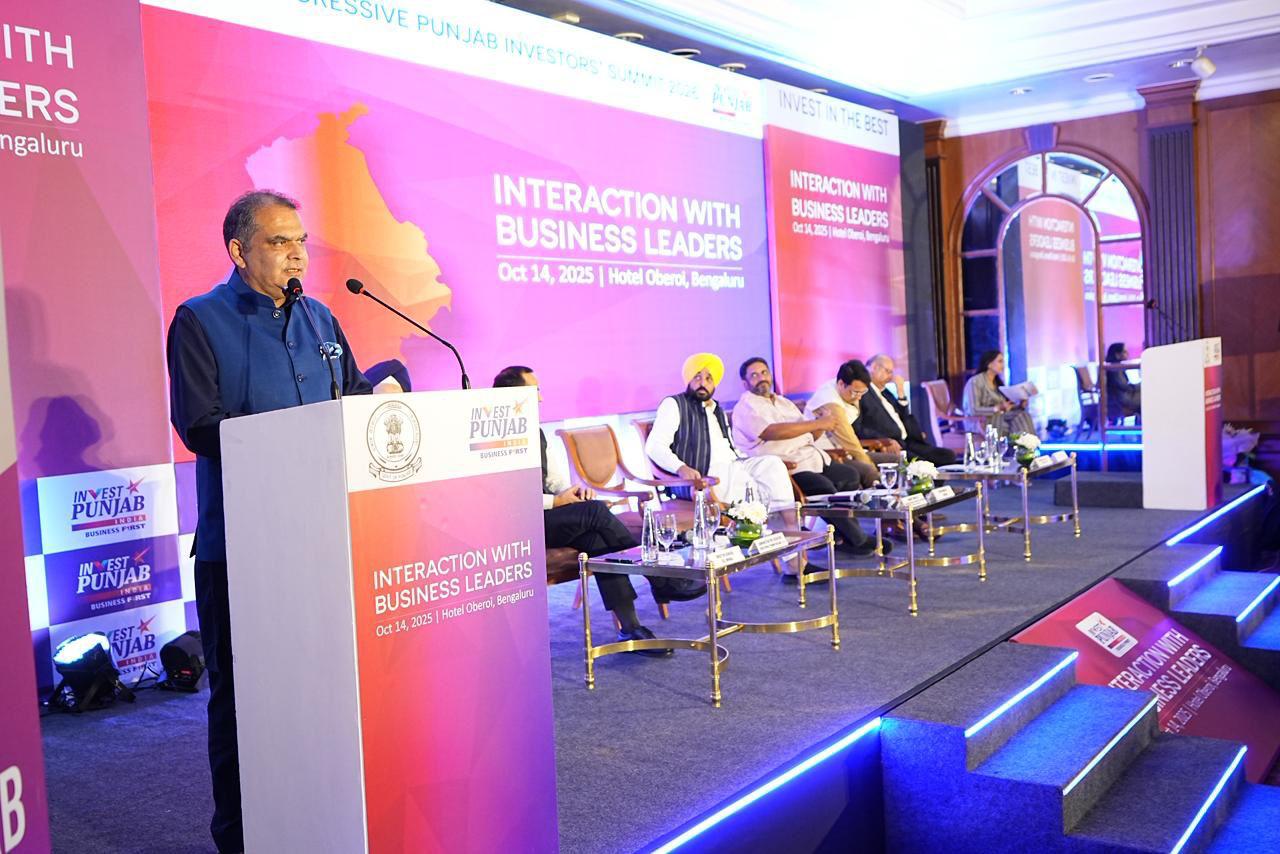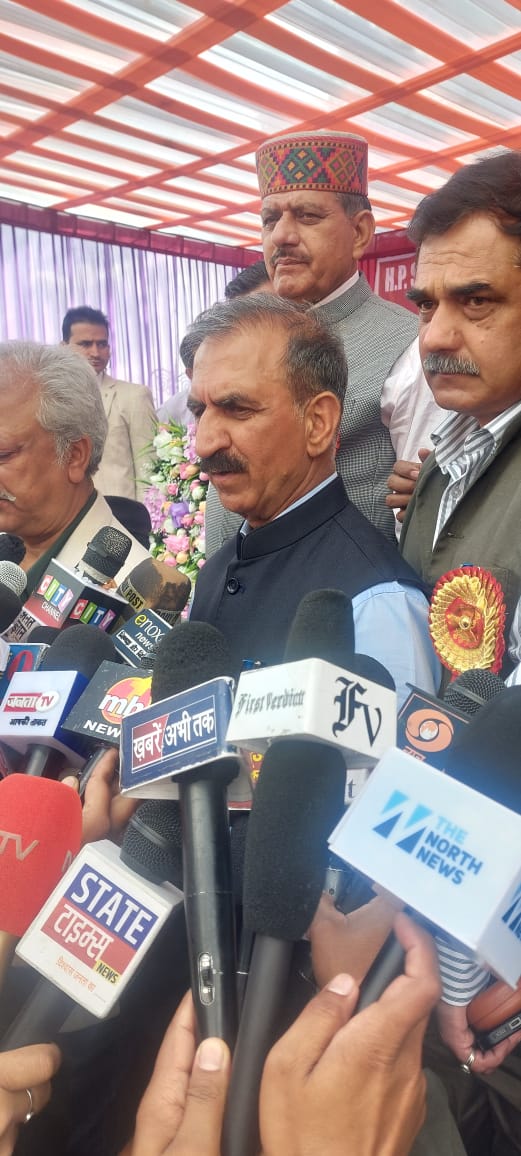The North News
Chandigarh, February 15
As Punjab farmers continue their protest for a legal guarantee on the Minimum Support Price (MSP) and other crucial demands, the participation of Samyukta Kisan Morcha (Non-Political) leader Jagjit Singh Dallewal in discussions with the Centre is a much-needed step toward breaking the impasse. For months, the farmers’ agitation has remained at a standstill, exacerbating tensions and costing nearly three dozen lives. At such a critical juncture, dialogue is the only viable path to resolution—both for the farmers and for the nation’s stability.
Dallewal, who has been on a hunger strike since November 26 last year, attended a key meeting convened by Union Minister for Consumer Affairs, Food and Public Distribution, Pralhad Joshi. The presence of Punjab government representatives in this meeting further signaled the importance of reaching a constructive solution. Farmers have been camping at the Khanauri and Shambhu border points between Punjab and Haryana since February last year, pressing for their demands, particularly the implementation of the C2+50% formula for MSP and debt waivers. Given the mounting casualties and economic disruptions, seeking a peaceful resolution is imperative.
Despite the farmers clearly articulating their grievances, the Centre has yet to provide a decisive response. Sarwan Singh Pandher, another farmer leader, stated after the meeting that while they presented their demands, the Union Minister was unable to provide satisfactory answers. He urged Prime Minister Narendra Modi and Home Minister Amit Shah to intervene directly, highlighting that the discussion on MSP should involve the Agriculture Minister as well. Pandher also demanded the reopening of the Shambhu border, emphasizing the hardships faced by traders and businessmen due to prolonged disruptions.
Joshi, for his part, appealed to Dallewal to end his hunger strike, but the farmer leader remained steadfast in his demand for a legal guarantee on MSP. The next round of talks is scheduled for February 22, and the farmers have insisted that it be held in Delhi, where logistical support would be more accessible for all leaders involved. The decision to engage in discussions rather than prolonging the standoff is a sign of responsible leadership from both the farmers and the government.
Punjab Agriculture and Farmers Welfare Minister Gurmeet Singh Khudian, alongside Food & Civil Supplies Minister Lal Chand Kataruchak, welcomed the Union delegation and urged them to sympathetically consider the farmers’ legitimate demands. By positioning itself as a mediator, the state government has taken a pragmatic approach that prioritizes farmers’ welfare while also preventing further escalation of tensions.
During the meeting, Joshi assured the farmers that dialogue would continue and provided data on the recent procurement of paddy, reaffirming the Centre’s commitment to ensuring smooth procurement processes for the upcoming wheat crop. He also emphasized ongoing efforts to promote crop diversification and support farmers in transitioning toward more sustainable agricultural practices. However, words alone are insufficient; the Centre must translate its assurances into concrete policies that address the core concerns of the agricultural community.

Dallewal’s participation in talks marks a crucial moment in the farmers’ movement. While protests and demonstrations remain vital democratic tools, the ultimate goal should always be a negotiated settlement that benefits all stakeholders. As history has shown, prolonged deadlocks only lead to unnecessary suffering. The loss of lives and economic hardship endured by farmers cannot be ignored.
This is why dialogue—persistent, constructive, and solutions-oriented—is the only viable path forward. It is time for the Centre to recognize the gravity of the situation and take definitive action. The upcoming meeting on February 22 must yield meaningful outcomes. Anything less would not only prolong the crisis but also erode trust in the government’s commitment to farmers’ welfare.
Engagement, not confrontation, is the key to resolving India’s agricultural challenges. And in taking the bold step of participating in dialogue, Jagjit Singh Dallewal and the farmers’ leadership have demonstrated the wisdom of prioritizing negotiation over stalemate. The ball is now in the Centre’s court—will it seize this opportunity to build lasting trust with the farming community, or will it allow another chance for resolution to slip away?




